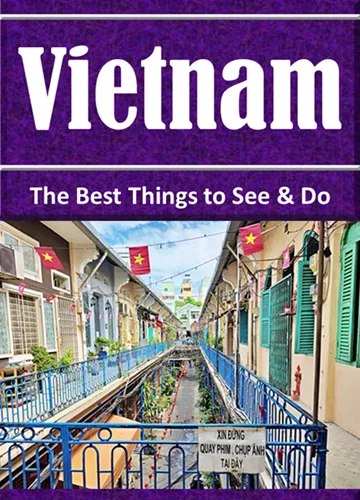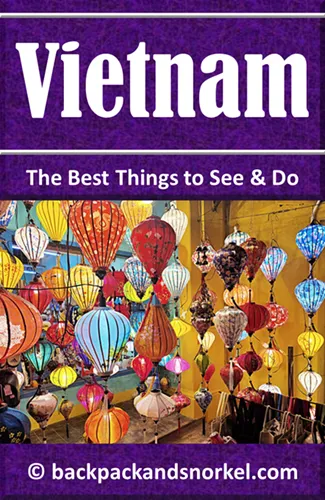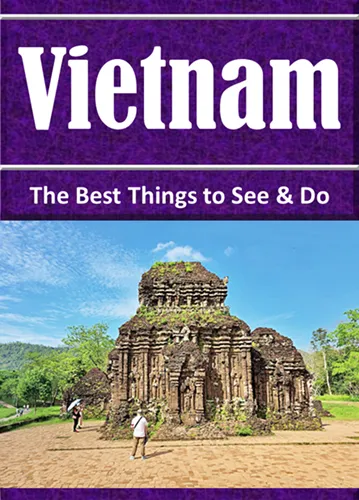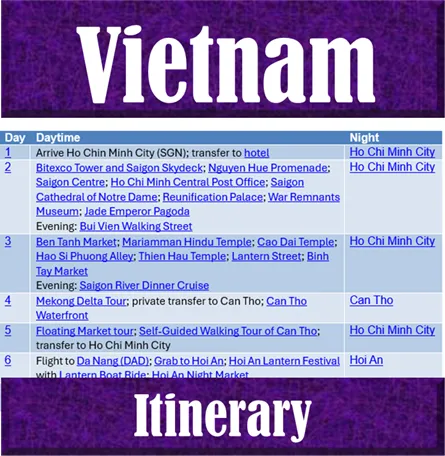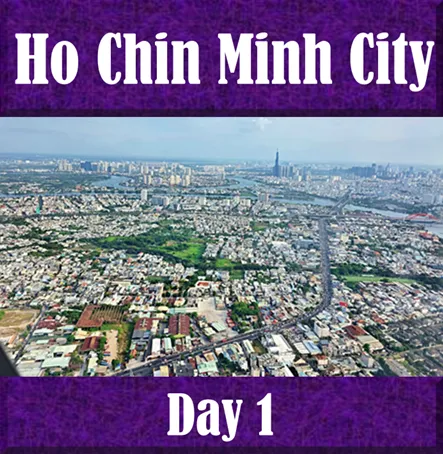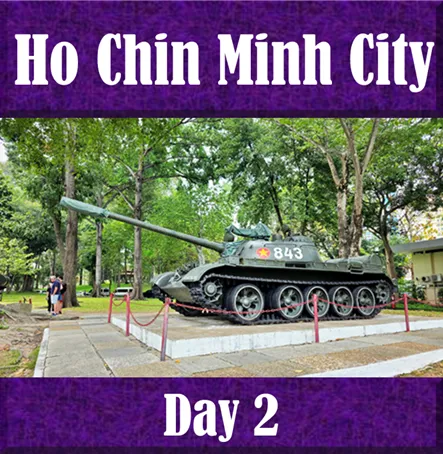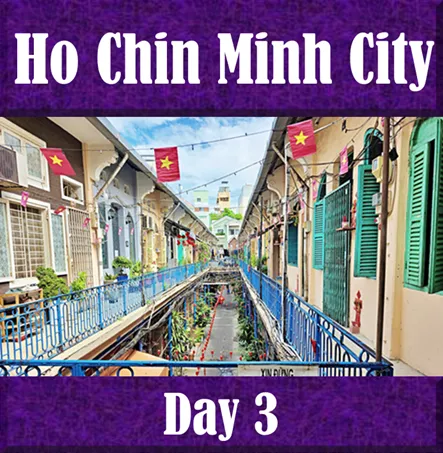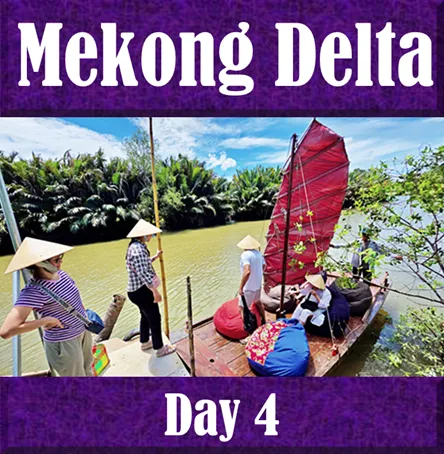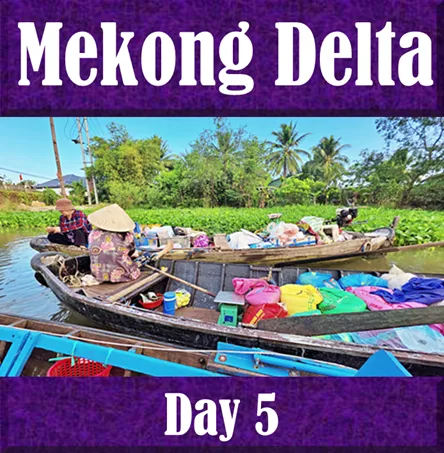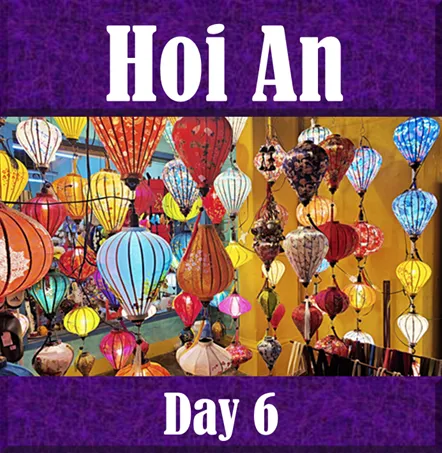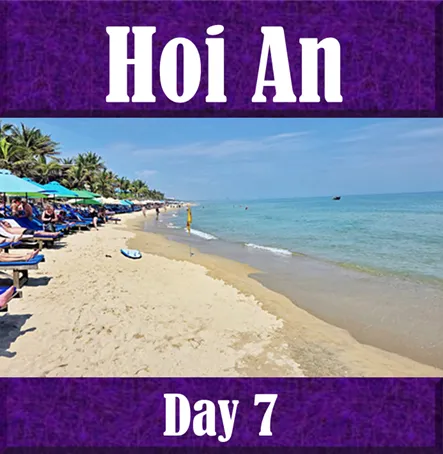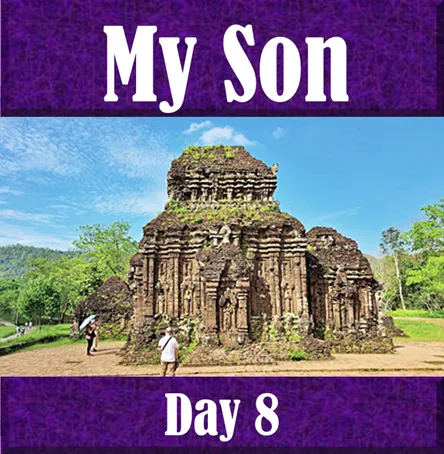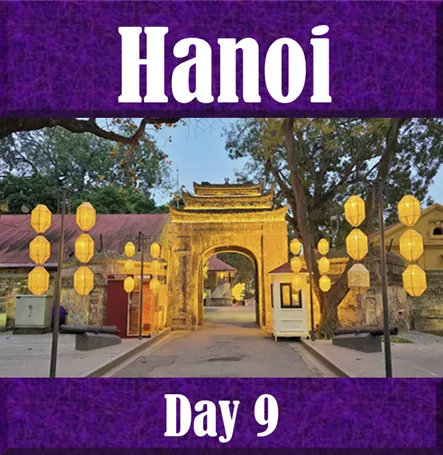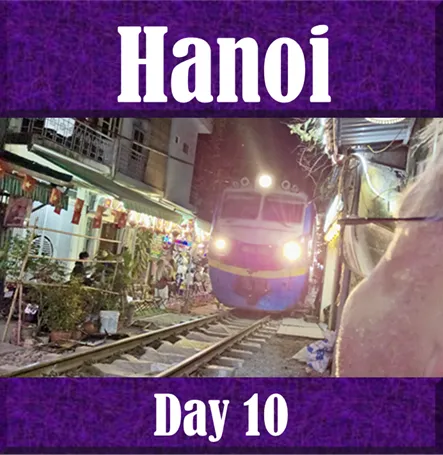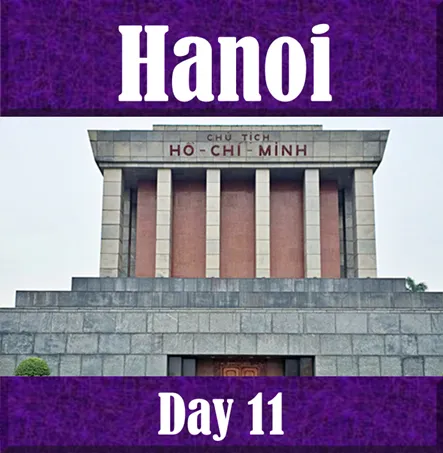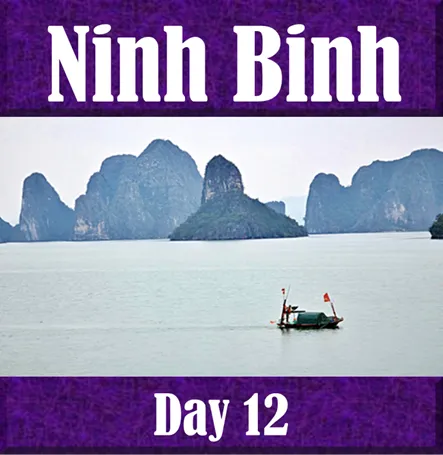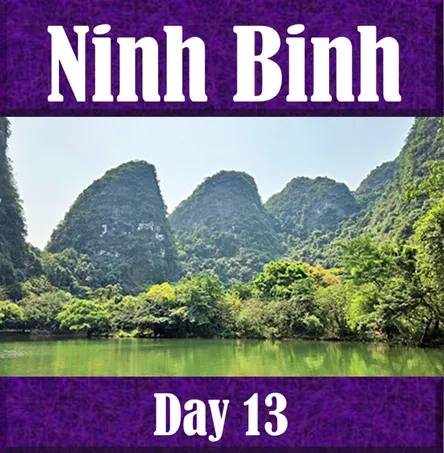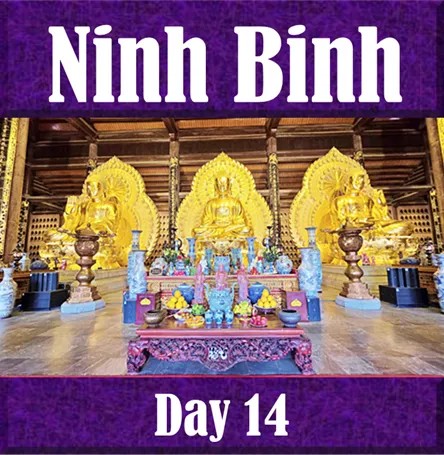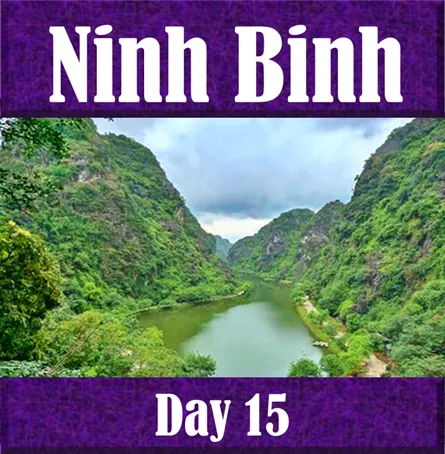Đình Ông Voi: Visit Hoi An's Elephant Communal House & Village Hall | Vietnam Purple Travel Guide
(map, reviews)
This is Premium Content! To access it, please download our
Backpack and Snorkel Purple Travel GuidePháp Bảo Temple is not part of Hoi An Ancient Town Ticket. You can freely visit it.
The Hội An Communal House (Đình Hội An) was built in the 15th century by the early Vietnamese settlers, and has undergone several major restorations, and even a relocation in 1907.
Interestingly, from 1981 to 2019, the communal house was used as a kindergarten, and in 2020, it temporarily housed the local police office. Between 1975 and 2020, it also hosted educational and communal activities, highlighting its ongoing relevance to local life.
Why It Is Called Ông Voi – ‘Elephant Communal House’
Locals affectionately call it the ‘Elephant Communal House’ because of the two stone elephant statues that used to guard the entrance. These symbolic animals represent strength, protection, loyalty, and wisdom, qualities associated with the house’s main deity and traditional Vietnamese values.
Here are some photos that we took:
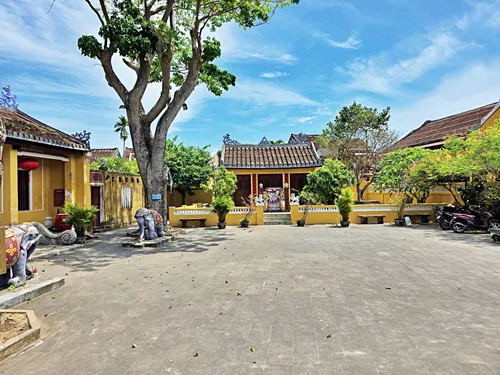
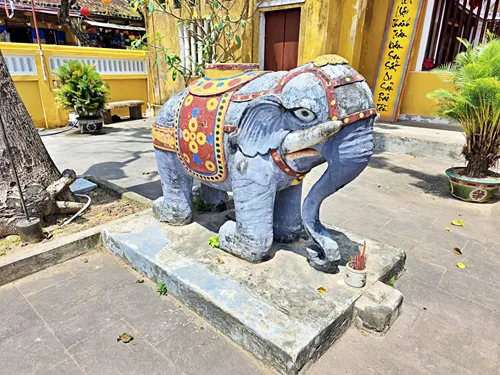
Historical Background
The communal house was originally built in the early 1600s by Vietnamese settlers of Hội An Village, one of the oldest residential communities in the area. In fact, the entire town of Hội An is named after this village, with ‘Hội An’ meaning ‘peaceful meeting place’.
Over its long history, the site has evolved significantly:
1818: First major restoration
1907: Relocated slightly to accommodate street expansion (still on Lê Lợi Street)
1942: Additional buildings constructed within the complex
1996, 2007, and 2020: Restoration projects following decades of war and repurposing
From 1981 to 2019, it even served as a kindergarten. In recent decades, it has been used for local police offices and community education, before returning to its original ceremonial role.
Religious Significance and Deities
Đình Ông Voi is still an active place of worship, with locals regularly offering incense and prayers. It houses altars to numerous gods and goddesses, many of whom received official imperial recognition during Vietnam’s dynastic era. Notably, 16 imperial edicts (sắc phong) are preserved here—rare and valuable cultural documents.
The main deity worshipped is Đại Càn Quốc Mẫu, one of the Four Holy Mothers (Tứ Vị Thánh Cương), goddesses associated with the Heaven, Earth, Water, and Forest Palaces in Vietnamese Mother Goddess religion (Đạo Mẫu). She is believed to have originally been a princess of the Southern Song dynasty, who later sacrificed herself and was deified by Vietnamese villagers.
Other important deities include:
Thành Hoàng (City God) - protector of the town
Ngũ Hành Tiên Nương (Five Element Fairy Ladies) - representing metal, wood, water, fire, and earth
Phường Chào Goddess (also known as Phêm Ải or Chợ Dược Goddess) - a revered local spirit known for miracles and protection
Thổ Địa (God of the Land), Bạch Mã (White Horse God), Bò Bò Goddess (Goddess of Protection and Prosperity; also known as Bà Bò Bò or Bò Bò Thần), and White Rabbit Golden Star (connects to rebirth, transformation, and longevity; also known as Bạch Thỏ Kim Tinh)
Architectural Features
The Hội An Communal House spans over 14,000 sqft (1,300 m2) and includes:
A spirit screen at the entrance to block evil spirits
The Goddess Temple, dedicated to local and elemental deities
The Entrance Hall, marked by a plaque inscribed with Chinese characters meaning ‘Communal House of Hội An Village’
East and West Houses, used for offerings and festival preparations
A beautifully adorned Main Worship Hall
The Back Hall, where secondary deities are honored
The traditional Vietnamese architecture includes wooden pillars, curved tiled roofs decorated with dragons and sun motifs, and detailed carvings symbolizing peace, prosperity, and balance. The two stone elephants and century-old trees at the entrance give the house its nickname and quiet majesty.
Annual Ceremonies
The two most important festivals held at Đình Ông Voi are:
Tế Xuân (Spring Ceremony): 10th day of the third lunar month
Tế Thu (Autumn Ceremony): 10th day of the eighth lunar month
These events draw locals for ancestor worship, offerings, traditional music, and community gatherings, keeping centuries-old traditions alive.
Practical Information
Opening Hours: 7:00am – 5:00pm daily
Here at Backpack and Snorkel Travel Guides, we promote self-guided walking tours.
But we realize that not everybody likes to walk by themselves in a foreign city. So, just in case that you rather go with ab guide: NO PROBLEM! Please see the Viator tours below.
paid Viator tours
Where do you want to go now?
Author: Rudy at Backpack and Snorkel
Bio: Owner of Backpack and Snorkel Travel Guides. We create in-depth guides to help you plan unforgettable vacations around the world.
Other popular Purple Travel Guides you may be interested in:
Like this Backpack and Snorkel Purple Travel Guide? Pin these for later:

